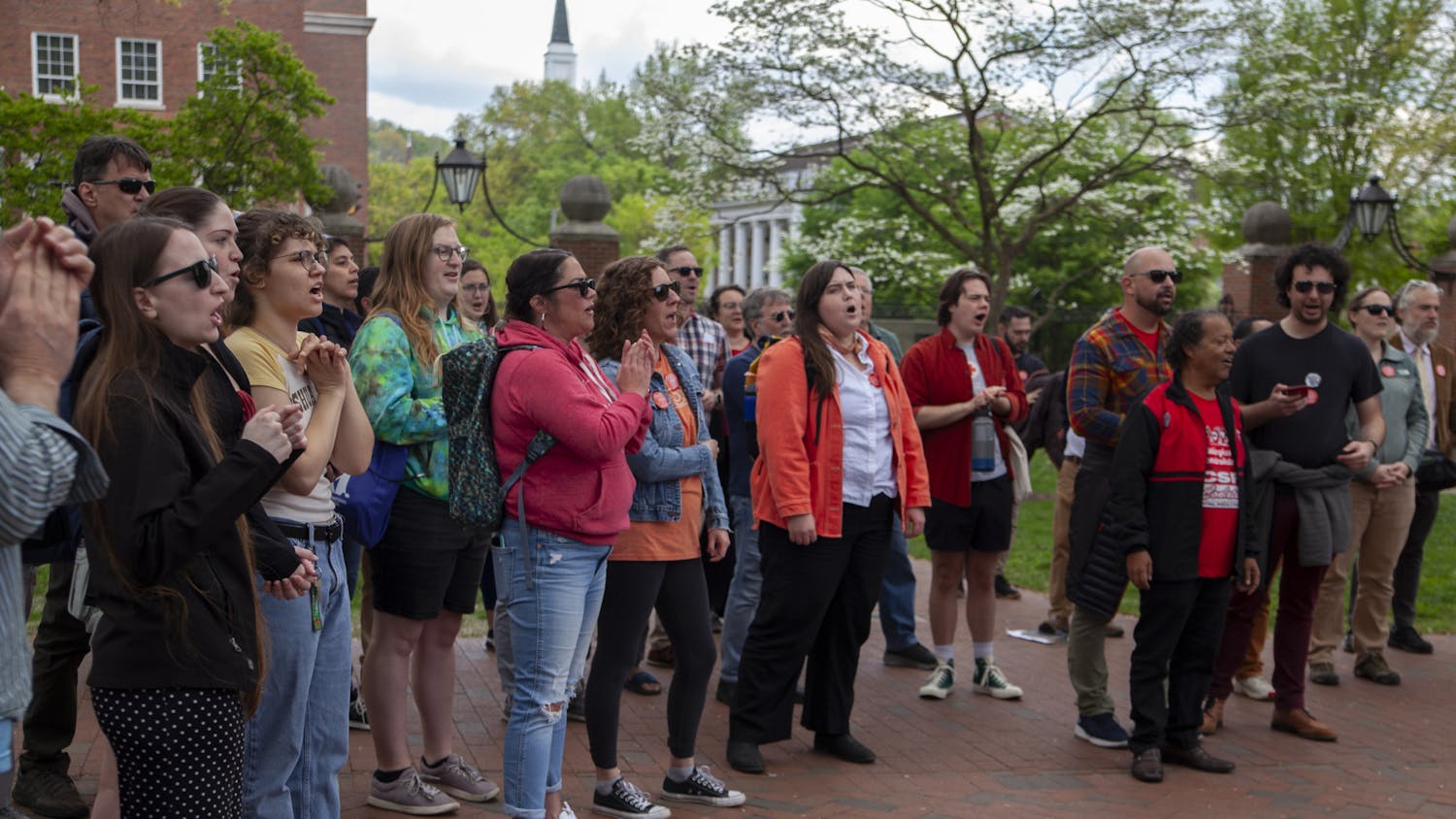Throughout the film industry, ableism is overlooked by the creators and viewers. Movies succeed in producing Academy Award winners but the blatant ignorance of the casting is ignored in the public eye. These movies contain some popular actors but that still doesn’t make it right.
The classic Forrest Gump has been in question for years regarding its ableist plotline. Many have questioned why the film is so well-respected when it offers little respect to people with mental disabilities.
Tom Hanks stars as Forrest in this film. He portrays a character that has an intellectual and a physical disability.
In 1993, Leonardo DiCaprio starred in What’s Eating Gilbert Grape. DiCaprio played a character named Arnie, a young boy with a mental disability. This role earned DiCaprio an Oscar nomination.
Although his acting was well-studied and prepared, it proposes the concern of allowing a boy with no disabilities to play a boy who is mentally handicapped.
Recently, Maddie Ziegler was hired to play in a movie created by Sia, titled Music. Ziegler’s character has autism. However, after receiving an abundant amount of backlash on Twitter, Sia admitted that her casting choice was ableism.
To continue the frustration displayed on Twitter, many are calling out Sia for her actions and how this movie portrays those with autism. Some are speculating that this movie is over-exaggerating autism and even poking fun at those who have it.
In today’s social media age, celebrities are under fire for every wrong step they take. However, when it comes to ableism, it’s not a bad decision you make by accident but a defining career choice – it takes thought and casting.
Me Before You is another example of ableism. Sam Claflin, an able-body actor, plays a character who is wheelchair-bound due to a paralyzing accident. Many were wondering why there wasn’t a search for an actor who could have played the part.
TV show franchises are able to portray people with disabilities so well that the audience is manipulated into thinking nothing is wrong with the casting. Examples include The Good Doctor and Atypical.
Movie franchises decide to cast actors without disabilities to fulfill these roles without any effort to cast a more inclusive and authentic cast. This creates controversy and neglect.
These movies and shows are able to go unscathed due to the standards of mainstream media. It’s never questioned because a “good” movie was produced with popular actors and actresses.
Before society was more aware of mental and physical health, ableism in film was more accepted because many did not care enough to educate themselves. However, it’s 2021 now and this should be basic knowledge. Society should be able to educate themselves, and, if society can educate themselves, movie and TV franchises should be able to as well. Besides, movies and shows have a momentous impact on how society acts and what is viewed as socially acceptable. They need to start taking responsibility for their poor choices and find a solution to their transparent ableism.
Although the media has become better educated on how to treat people with mental disabilities and some shows have tried to create a more inclusive cast, it’s not an effort being made by everyone, which is a problem. Because society is more socially aware now, it is unacceptable for casting to not “get with the times.”
Kayla Bennett is a freshman studying journalism. Please note that the views and ideas of columnists do not reflect those of The Post. Want to talk to Kayla? Tweet her @kkayyben.






